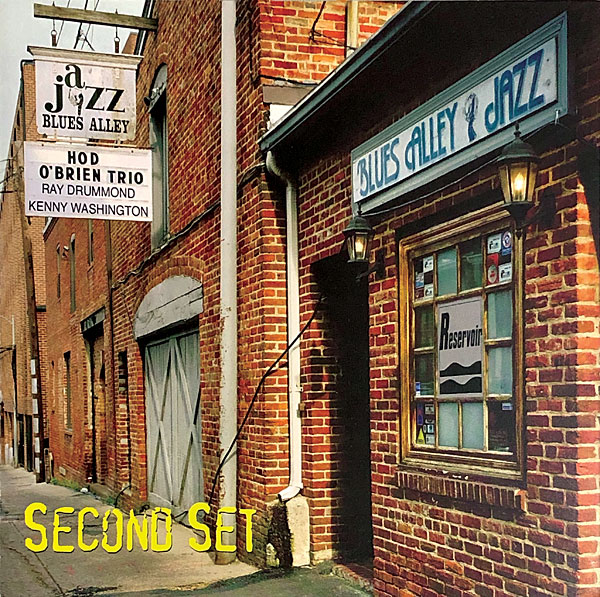I find myself being a bit of a Jackdaw , I like to go to Hi-Fi fora and read what people have to say....
I found myself reading a post "Can Hi-Fi Be Too Revealing " from AV forums and I found myself resonating at the same frequency.
I always feel that compared to what I see on this forum, I have quite a modest system and yet I too find myself doing quite a bit of critical listening....and I too find I can hear a lot of detail and as the writer of the article says I can hear quite a lot of "background events "...people humming off mike.... the odd clatter....tapping along...other things too ! I wondered what others find ? maybe too maybe my "modest " system is not so modest ?
I took the liberty of quoting the post I read ....from "Arcam_boy"
"I've had my new amp two weeks now and been doing quite a bit of critical listening to my system playing only CD's, most that I'm quite familiar with now.
When I had a good listening session on some disks I could hear things (its quite hard to explain 🤦) that I've not heard before on the disk. One of the most predominant is birdy's album. I could hear things in the back ground which didn't sound quite right.
I had a friend over and he had a listen and could hear the same rustling/tapping noises - which he put down to noise leakage from the sound booth when the tracks were recorded and also to the artist moving around in the booth.
I've just been listening to Adele's 19 and could hear one of two bits that didn't sound like they quite belonged there! I'm 99% certain the sounds are in the music and not from anything else. I'm using a separate mains spur and balanced cables. Its not a distortion type of sound and it doesn't happen on every disk.
It is getting a little off putting on one or two disks and I don't actually know if I like it. I've also bene up and down like a yo yo just making sure its not something my systems picking up causing the sound
I've also bene up and down like a yo yo just making sure its not something my systems picking up causing the sound 
Any suggestions - re-assurance.
Can anyone listen to Birdy's - Skinny Love and see what they can hear?
Cheers
Mark
"
I found myself reading a post "Can Hi-Fi Be Too Revealing " from AV forums and I found myself resonating at the same frequency.
I always feel that compared to what I see on this forum, I have quite a modest system and yet I too find myself doing quite a bit of critical listening....and I too find I can hear a lot of detail and as the writer of the article says I can hear quite a lot of "background events "...people humming off mike.... the odd clatter....tapping along...other things too ! I wondered what others find ? maybe too maybe my "modest " system is not so modest ?
I took the liberty of quoting the post I read ....from "Arcam_boy"
"I've had my new amp two weeks now and been doing quite a bit of critical listening to my system playing only CD's, most that I'm quite familiar with now.
When I had a good listening session on some disks I could hear things (its quite hard to explain 🤦) that I've not heard before on the disk. One of the most predominant is birdy's album. I could hear things in the back ground which didn't sound quite right.
I had a friend over and he had a listen and could hear the same rustling/tapping noises - which he put down to noise leakage from the sound booth when the tracks were recorded and also to the artist moving around in the booth.
I've just been listening to Adele's 19 and could hear one of two bits that didn't sound like they quite belonged there! I'm 99% certain the sounds are in the music and not from anything else. I'm using a separate mains spur and balanced cables. Its not a distortion type of sound and it doesn't happen on every disk.
It is getting a little off putting on one or two disks and I don't actually know if I like it.
 I've also bene up and down like a yo yo just making sure its not something my systems picking up causing the sound
I've also bene up and down like a yo yo just making sure its not something my systems picking up causing the sound 
Any suggestions - re-assurance.
Can anyone listen to Birdy's - Skinny Love and see what they can hear?
Cheers
Mark
"

